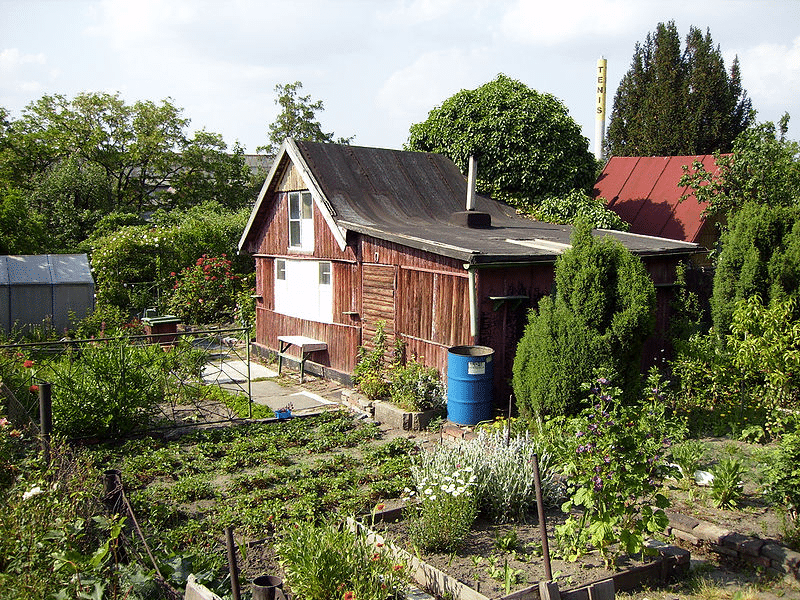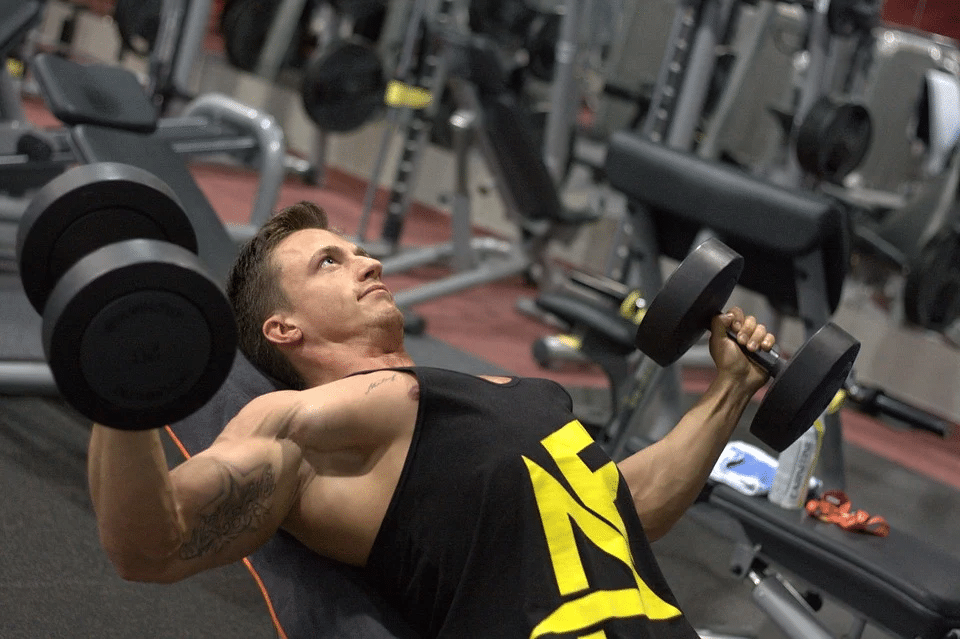6.9 – Jak dlouho to děláš? – How long have you been doing something?
Ok, so imagine you have a hobby that you’ve been doing for a few years, or maybe something you started just a few weeks ago, we will need to know how to answer
If someone wants to ask you how long you have been doing some sort of activity, they’ll use the phrase jak dlouho? along with the present tense (they use the present tense, since it’s something you are STILL doing):
Jak dlouho hraješ fotbal?
How long have you been playing soccer?
You’ll answer using the present tense. This can be a little confusing for English speakers since we sometimes interpret as being a past tense in English[1]:
Hraju fotbal (už) deset let.
I have been playing soccer for ten years (already).
|
Běhám (už) čtyři roky. I’ve been running for four years. |
Hraju na kytaru (už) dva roky. I have been playing guitar for two years. |
You can also use the word už – ‘already‘ to indicate that the person has been doing the activity for a long time[2] , and teprve ‘only’[3], to indicate that it hasn’t been that long:
|
Hraju na klavír už pět let. I have been playing the piano for five years already. |
Cvičím jógu teprve dva týdny. I have only been doing yoga for two weeks. |
|
Jezdím na chatu každý víkend už dva roky. I have been going to the cottage every weekend for two years already. |
Viktor chodí do fitka teprve měsíc. Viktor has been going to the gym for only a month. |
To say how long you typically perform an activity, you will need to follow a somewhat complex pattern in Czech. Here is a table that goes over these time expressions and what they will look like with various numbers:
|
1
with accusative singular |
(jednu) sekundu ‘for one second’ (jednu) minutu ‘for one minute’ (jednu) hodinu ‘for one hour’ celou hodinu ‘for an entire hour’
(jeden) den ‘for one day’ celý den ‘for an entire month’
(jeden) týden ‘for one week’ celý týden ‘for all week’
(jeden) měsíc ‘for one month’ celý měsíc ‘for an entire month’
(jeden) rok ‘for (one) year’ |
|
2-4
with accusative plural |
dvě minuty ‘for two minutes’ tři minuty ‘for three minutes’ čtyři minuty ‘for four minutes’
dvě hodiny ‘for two hours’ tři hodiny ‘for three hours’ čtyři hodiny ‘for four hours’
dva dny ‘for two days’ tři dny ‘for three days’ čtyři dny ‘for four days’
dva roky ‘for two years’ |
|
5
genitive plural (here the number if followed by the unit in the genitive plural) |
deset minut ‘for ten minutes’
pět hodin ‘for five hours’
šest dní[4] ‘for six days’
osm měsíců ‘for eight months’
pět let ‘for five years’ |
Images used in this document come from these sources.
[1] technically speaking, this tense formation in English is used for an event that started at some point in the past and is still going on in the present, i.e. I have been playing soccer for ten years – I started ten years ago and I still play now.
[2] and so you will often find it in the I have been… meaning, i.e. the present perfect continuous in English
[3] use teprve in the meaning of ‘only’ exclusively for talking about how long. If you want to say ‘only’ in any other sense, use jenom ‘only’
[4] dní (or less commonly dnů) is the genitive plural of den





